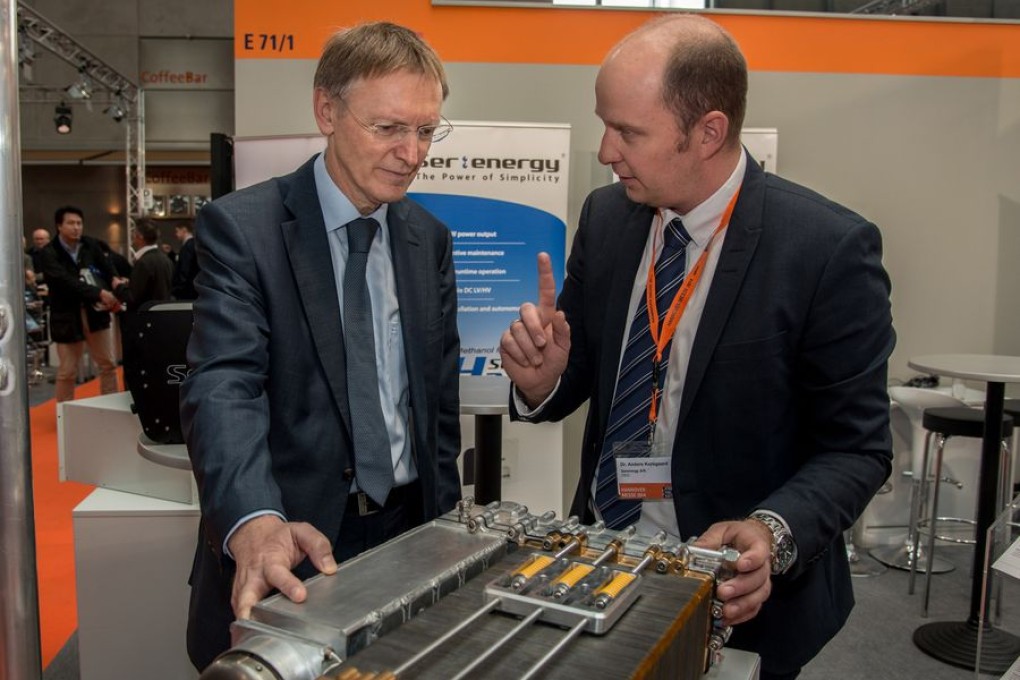Pioneering SerEnergy deploys revolutionary methanol-fuelled power systems to the region

Exponential growth in Asia's mobile phone market, combined with increasing weather disturbances, compels telecommunications companies to invest in critical backup power for their infrastructure. SerEnergy, Denmark's pioneer in fuel cell technology, offers unprecedented benefits with methanol-fuelled systems that are compact - one-tenth the size of conventional diesel generator sets - yet achieve longer runtimes.
"Its power density is about four to five times greater than any other product in the field that is operating on liquid fuels," says Anders Korsgaard, SerEnergy co-founder and CEO. "The fuel consumption is so low that we have an efficiency of 40 to 45 per cent. This is really extraordinary."
The first to develop methanol-to-electricity producing devices, SerEnergy specialises in power modules ranging from three to 10kW. Such systems are widely used by telcos and are ideal for off-grid remote areas.
SerEnergy's solutions translate to about 70 per cent savings on operational expenses, with return on investment attainable within two years. The hybrid power modules emit no noise or emissions, and are thus suitable in urban settings.
SerEnergy has a significant production capacity together with its partners, and is scaling up to meet Asia's huge demand for continuous power generation. It is also pursuing lifecycle, reliability and cost improvements to evolve with market needs. This year, it started field testing supplemental power generation systems in Africa, India and Indonesia. The system had earlier been proven to work in the United States.
SerEnergy welcomes partnerships in Asia to establish a network of service providers throughout the region, especially in archipelagos such as Indonesia and the Philippines where alternatives to expensive diesel generator sets are sorely needed.
"We're getting ready for the larger volume deployment that will start next year," Korsgaard says. "We're looking for experienced players in the industry that can help us service fuel delivery and maybe even cabinet manufacturing locally."
http://www.serenergy.com